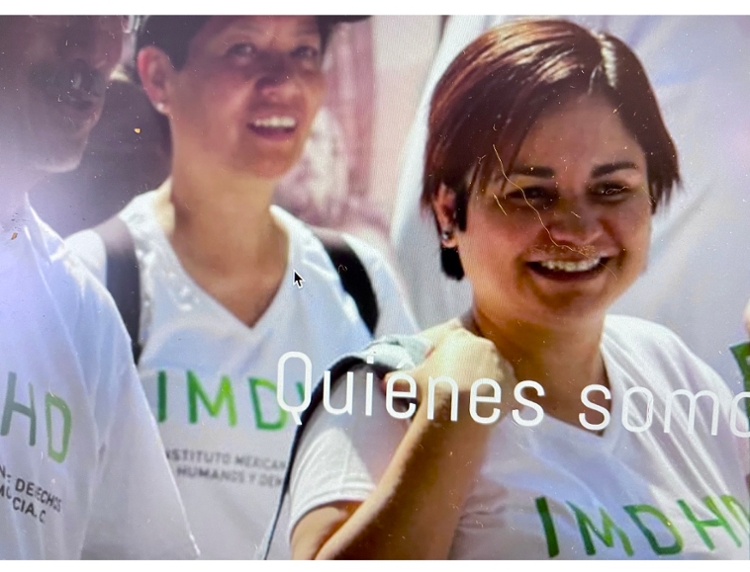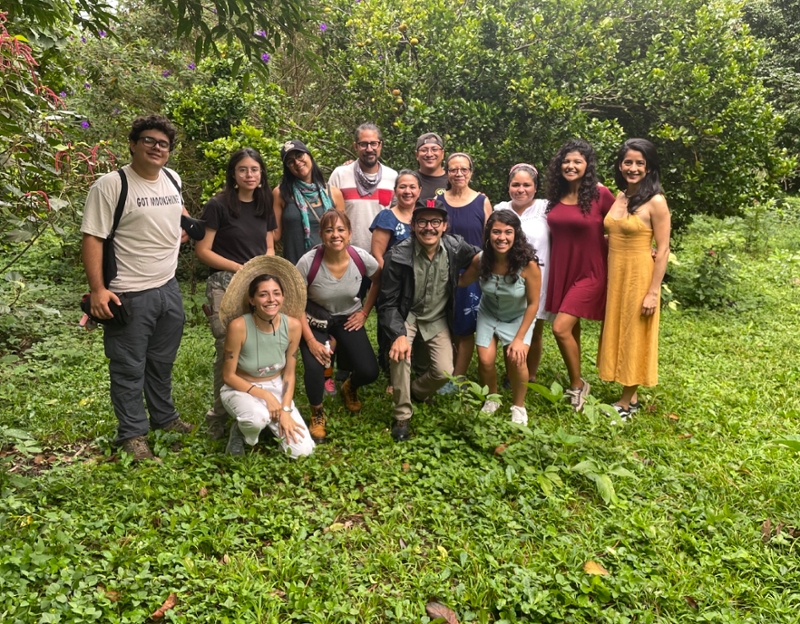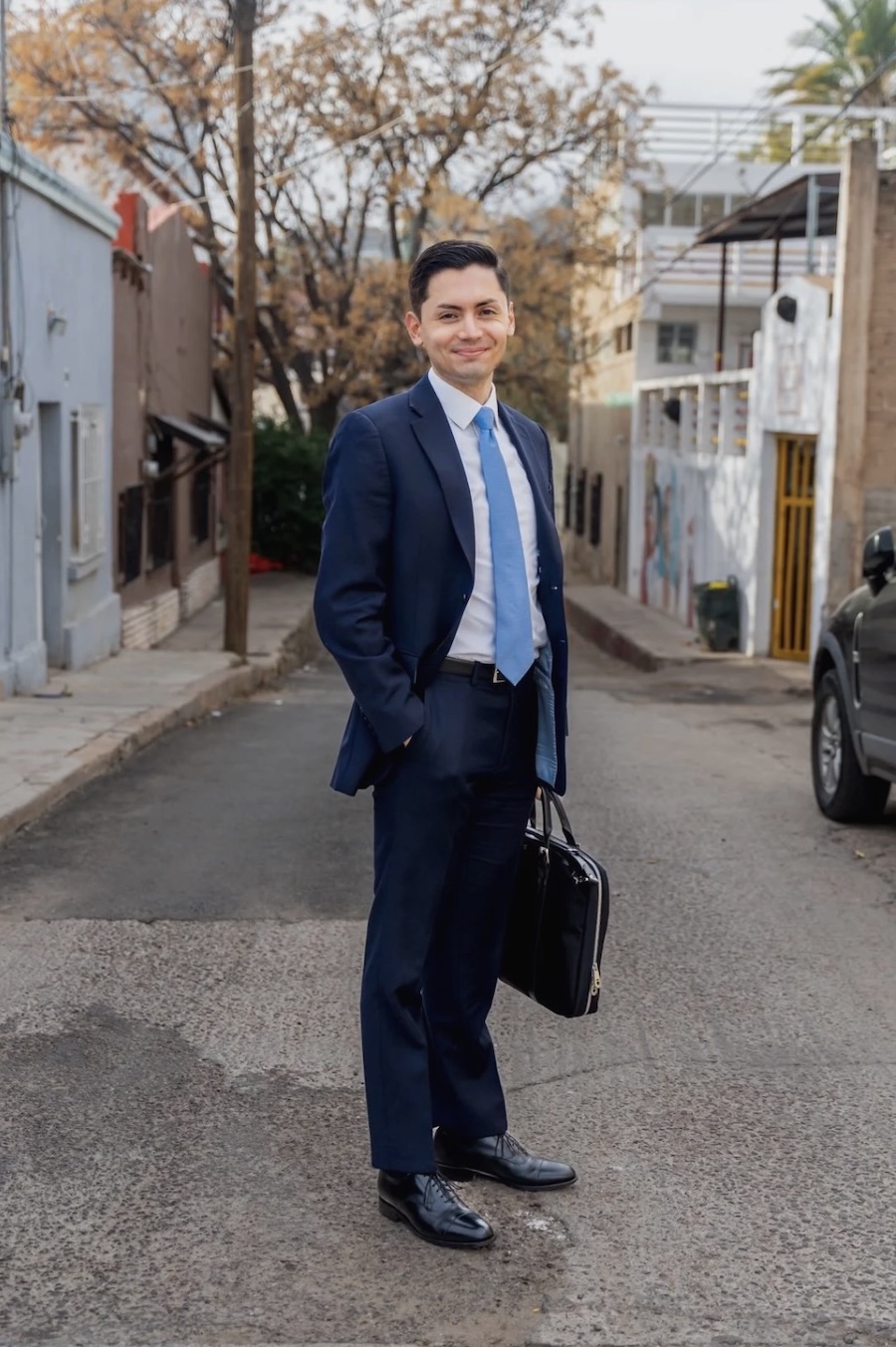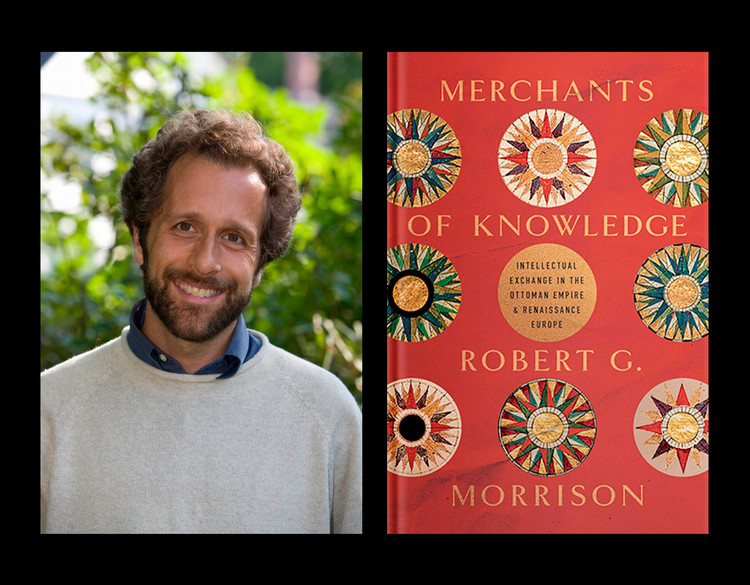El Salvador’s Uncomfortable Truths: Challenging Latin American Patriarchy
By Tom PorterPaula Cuellar Cuellar’s research into abuses against women during the civil war in her native El Salvador during the 1980s has uncovered some uncomfortable truths for the Central American country.
While pursuing her PhD thesis at the University of Minnesota, Cuellar Cuellar, who is a postdoctoral teaching fellow in Latin American, Caribbean, and Latinx studies, took a deep dive into the issue of sexual violence against women and how it was used during the conflict.
“The received wisdom,” she said, “was that only members of the government security forces committed rape, but during my research I came across many examples of women guerrilla fighters being raped by members of their own organization.”
This revelation, she explained, does not sit well with the mainstream history of El Salvador’s civil war, where atrocities perpetrated by the security forces and the former right-wing government’s death squads are well documented, but the crimes committed by left-wing guerrilla groups are not.

A Personal Journey
The Salvadorean conflict is a subject Cuellar Cuellar is familiar with not just as an academic, but from personal experience. In 1983, when she was an infant, Cuellar Cuellar and her family were forced to flee the country because her father’s work as a human rights advocate had put them in danger of violent reprisals at the hands of the repressive regime. Members of her family were well known activists, she said. “My uncle, whose name was also on a government hit list, had created an office to provide legal aid to the poor,” explained Cuellar Cuellar. He had also been legal assistant to Oscar Romero, the archbishop of San Salvador whose murder by security forces in 1980 helped spark the civil war that left over 75,000 people dead.
After living in exile in Mexico for nine years, Cuellar Cuellar and her family returned to El Salvador in 1992, when the civil war formally ended. She went on to qualify as a human rights lawyer, having grown up watching her father work on several cases against members of the former military regime charged with human rights abuses, including murder. This experience, she said, opened her eyes to the “numerous shades of grey” in Salvadorean politics. Even in 2011 when the country was ruled by former guerrillas, Cuellar Cuellar explained, elements of the old military regime still retained some protection and influence in the government. Consequently, her work as interim director of the international legal aid unit at El Salvador’s Supreme Court of Justice meant Cuellar Cuellar herself received death threats and was given a police bodyguard. On one occasion, she said, a dead body was left outside her house to intimidate her.
Uncovering the Hidden Victims
After moving to the US, Cuellar Cuellar began to pursue a PhD in history at the University of Minnesota in 2013. Her thesis title was “Salvadorean Women Speak: Female Accounts of Their Struggle within a Revolution, 1980-1992.” She began by studying how government security forces committed widespread rape during the war, using sexual violence as a way of punishing and intimidating people in areas where guerrilla activity was rife. “I originally focused just on the behavior of the military,” said Cuellar Cuellar, “but as I carried out my interviews, I became increasingly aware of rapes perpetrated by guerrilla forces, which I had previously been unaware of.”
“Central America is a very patriarchal, male-dominated society, and many of the women who were victimized by their own side did not even regard themselves as rape victims initially. They felt no choice at the time other than to surrender themselves to the sexual advances of their male comrades, who said it was their duty to sleep with them.” Paula Cuellar Cuellar
El Salvador’s truth commission, tasked in 1992 with investigating atrocities committed during the conflict, made no mention of these crimes, explained Cuellar Cuellar. But, as she reached out to more women veterans of the conflict using her extensive network of contacts, she encountered more and more stories of rebel fighters committing rape against women who were supposed to be their comrades. This type of sexual assault was less brutal than that of the government forces, she said, but was nevertheless still rape. “It was about reasserting the male hierarchy by controlling females’ bodies. That was why their targets were women who were members of their own military structure,” she said.

Cuellar Cuellar spoke to nearly seventy women who had been raped, about half of whom were assaulted by rebel fighters on their own side, and some of whom had also been victimized by both sides. Her thesis, which is also the basis of her current book project, features detailed testimony from twelve of those women—four of whom were raped by members of the security forces, four by their fellow guerrilla fighters, and four who suffered at the hands of both sides.
“Central America is a very patriarchal, male-dominated society, and many of the women who were victimized by their own side did not even regard themselves as rape victims initially,” she said. “They felt no choice at the time other than to surrender themselves to the sexual advances of their male comrades, who said it was their duty to sleep with them.” In the years since, however, these women have struggled to deal with their experiences. “I spoke to one woman who was raped by both sides. She was assaulted by thirty soldiers and has managed to come to terms with that. However, she has not been able to come to terms with the fact that she was raped by one of her comrades.”

The “Blind Spot”
As well as examining the findings of El Salvador’s Commission on the Truth, Cuellar Cuellar has also read the reports of truth commissions in other Latin American countries affected by civil war, concluding that most of these reports have what she calls a “blind spot.” “Indeed, while some truth commissions have dealt with sexual crimes, most of them have ignored rape committed by guerrilla forces within their own group,” she observed.
Cuellar Cuellar attributes this “blind spot” to a tendency in Latin America to idealize and romanticize insurgency movements, particularly the relationships of camaraderie and love among their members. As a result, she suspects that human rights abuses committed by guerrilla forces in the region “are far more numerous than what has been depicted in most truth commission reports.”
In 2016, the El Salvadorean government was not happy when it heard about Cuellar Cuellar’s research project and her plans to write a book, she said. “They tried to warn me off, through unofficial channels. I am told I should let ‘bygones be bygones’ and not do anything to stain the image of the party.” She is also involved in making a documentary movie, to be released in May, featuring profiles of two of the women interviewed in her dissertation—one raped by security forces during the civil war, the other by both sides.




